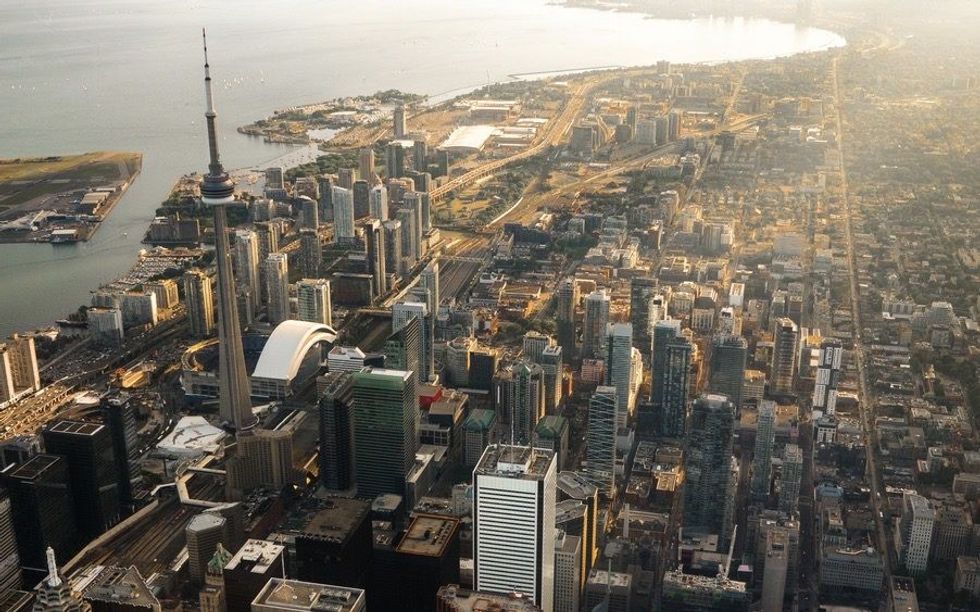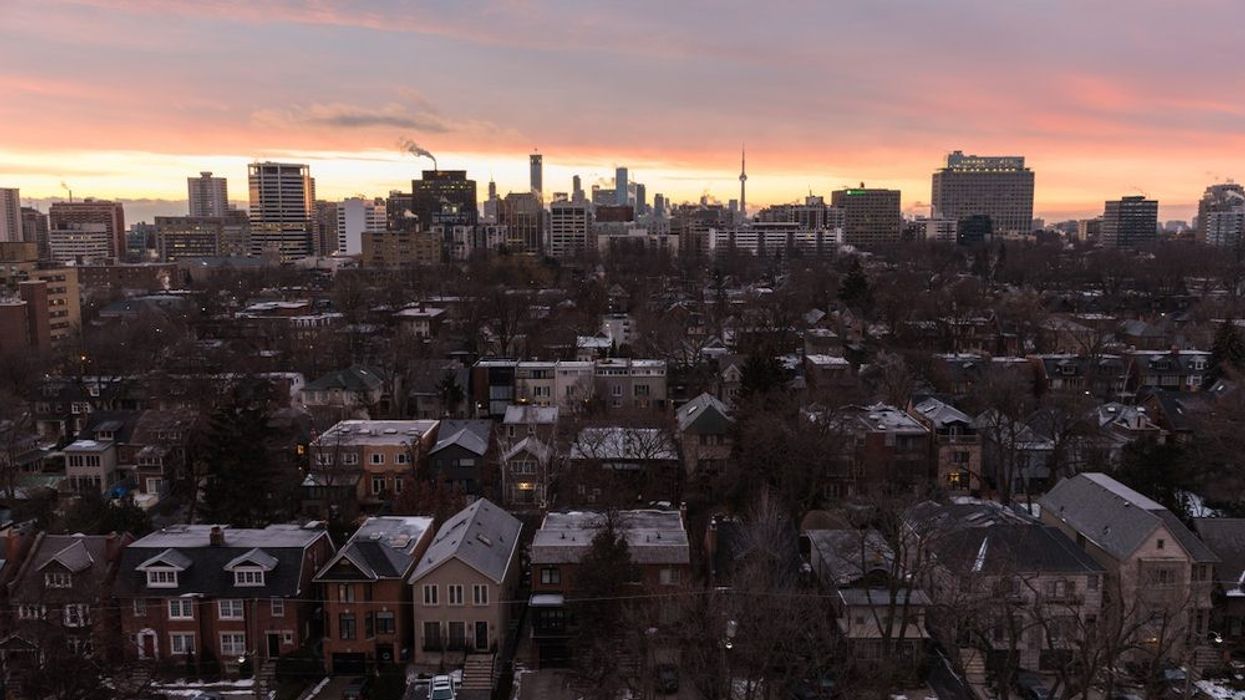Toronto homeowners could soon see property tax hikes of more than 4%, in what would be the largest residential tax hike of Mayor Tory’s tenure.
The city’s proposed $14.9B 2022 operating budget -- which was tabled during a meeting of Toronto’s budget committee this morning -- includes a 2.9% residential take hike and a 1.5% price increase to the city building levy, which was given the green light in 2019.
According to the city, with the dramatic 4.4% hike, the property tax bill for an average priced Toronto home ($697,185)would be $3,339 in 2022, with homeowners now paying an additional $141.
In 2021, the tax hike was limited to 0.7%, a figure that marks the lowest increase during Tory’s time as mayor. In fact, Toronto had the lowest property tax rates in Ontario.

The hike comes as Toronto -- like most of the country -- faces an increasingly out-of-control housing market, rising inflation that’s hit an 18-year high, and the relentless COVID-19 pandemic.
“Make no mistake the 2022 budget is still a COVID budget and we know as much as this year will be a challenge the revenues aren’t going to spring back and the costs aren’t going to disappear next year and the year after,” City Manager Chris Murray said during today's meeting. “So there is a challenge in front of us for this year’s budget but this is not going away.”
According to City staff, $200M of the city's pandemic-related pressures are specifically due to the fast-spreading Omicron variant.

Thanks to the never-ending crisis, there is a $1.4B hole in the 2022 budget. This is attributed to factors like losses in TTC ridership, costs to house the city’s most vulnerable at homeless shelters, and ongoing public health measures. Given the current climate, the substantial gap should come as no surprise: the last two years of the pandemic saw shortfalls of $1.7B and $1.6B, respectively.
The city hopes this gap will be filled by other levels of government.
It’s not an entirely far-fetched hope: the federal and provincial governments have stepped up to cover the gap in the past. But -- as we’re reminded daily -- these aren’t precedented times. But they're certainly pricey times.
For the time being, that said gap-filling cash is not secured. “I don’t have a cheque in hand,” said Murray.





















